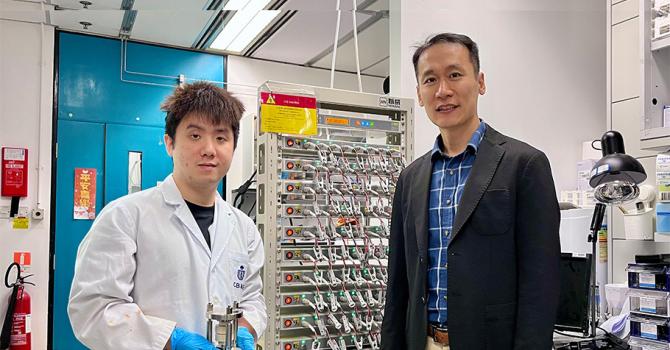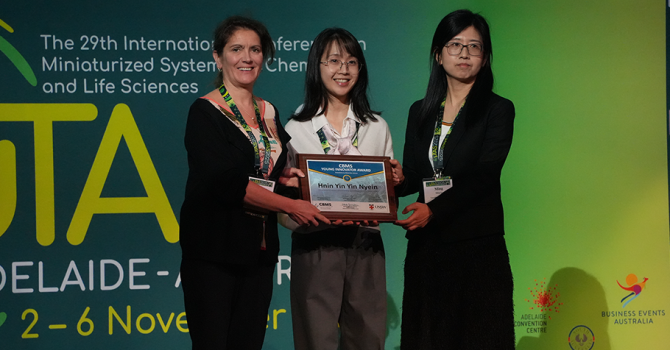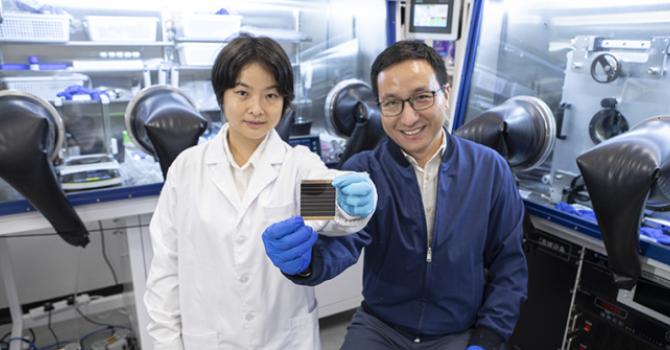Prof. Yoonseob KIM has received CRF 2023/24 Collaborative Research Project Grant (CRPG) for a funding amount of HK$ 5.5 million to work on "High-Energy-Density All-Solid-State Lithium-Metal Batteries"
Prof. Yoonseob KIM (Principal Coordinator) has received CRF 2023/24 Collaborative Research Project Grant (CRPG) for a funding amount of HK$ 5.5 million to work on “High-Energy-Density All-Solid-State Lithium-Metal Batteries” with collaborators from Shanghai Jiao Tong University, The University of Hong Kong, and The Hong Kong Polytechnic University.
Electrochemical energy-storage devices and batteries have enabled the development of a wide range of convenient consumer applications, such as portable electronic devices, electric vehicles, and grid-energy storage systems. The market for Li-ion batteries has grown exponentially over the past two decades and is expected to grow in future decades, leading to the creation of hundreds of billion-US-dollar-sized industries. However, current commercial Li-ion batteries cannot meet consumer electronics’ ever-increasing demand for high capacities and enhanced safety, so improved batteries with higher energy densities, longer life cycles, and enhanced safety must be developed at a reasonable cost. At present, Li-metal batteries represent state-of-the-art high-capacity technology in this field. Lithium’s low weight and highly reducing character allow these batteries to exhibit high energy density, high specific capacities (3,860 mAh g–1), and a wide range of stable electrochemical windows. However, the inherently reducing nature of Li metal causes batteries to react with liquid electrolytes, limiting these batteries’ practical applications.
Here, we develop next-generation Li batteries to replace liquid electrolytes with covalent organic framework-based solid electrolytes. Thus, the proposed project will develop novel single-ion-conducting solid electrolytes to facilitate the realization of all-solid-state rechargeable batteries with higher ion conductivities and better cell safety than current Li-ion batteries. The solid electrolytes will exhibit excellent electrochemical properties and thermal stabilities and resist dendrite growth. The resulting innovative, safe, high-energy-density batteries will be applied in smart electronics, electric vehicles, and energy storage systems.




